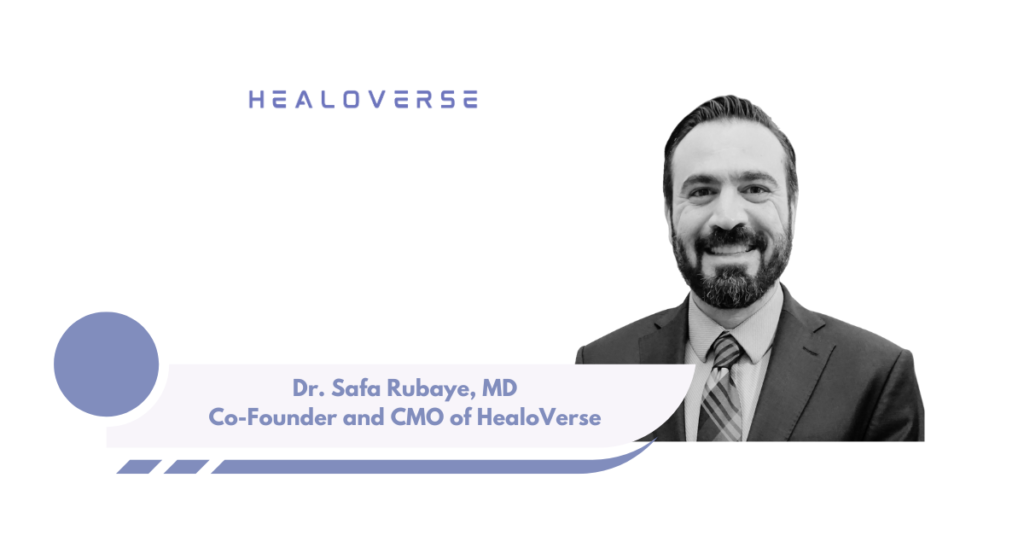Anxiety is a natural response to stress, but when it becomes chronic, it can manifest in various physical symptoms, including headaches. Understanding the connection between anxiety and headaches is crucial for effective management and relief.
The Link Between Anxiety and Headaches
Anxiety can contribute to two primary types of headaches:
- Tension Headaches:
The most common type of these headaches create a dull pressure-like pain around the forehead or back of the head often accompanied by tightness in the neck and shoulders.
- Migraines:
More intense and debilitating migraines typically cause throbbing pain on one side of the head often accompanied by nausea sensitivity to light and visual disturbances.
How Anxiety Triggers Headaches
Several mechanisms explain how anxiety can cause headaches:
- Muscle Tension:
Anxiety often leads to muscle tension, particularly in the neck, shoulders, and scalp, contributing to tension headaches.
- Stress Response:
Chronic anxiety keeps the body’s stress response active, leading to the release of hormones that can cause vascular changes and trigger headaches.
- Sleep Disturbances:
Anxiety can interfere with sleep quality, and lack of restful sleep is a known trigger for headaches.
Immediate Relief for Anxiety Headaches
Addressing both anxiety and headaches involves a combination of strategies:
- Relaxation Techniques:
Practices such as deep breathing, meditation, and yoga can help reduce anxiety levels and alleviate muscle tension.
- Physical Activity:
Regular exercise releases endorphins, natural painkillers that can help prevent headaches and reduce anxiety.
- Therapy and Counseling:
Cognitive-behavioral therapy (CBT) and other counseling methods can help manage anxiety, potentially reducing the frequency and severity of headaches.
- Medication:
Over-the-counter pain relievers can address occasional headaches, but for chronic cases, a healthcare provider might prescribe medications to manage both anxiety and headaches.
Long-Term Prevention of Anxiety-Induced Headaches
To minimize the occurrence of anxiety-related headaches:
- Maintain a Healthy Lifestyle: Balanced nutrition, adequate hydration, and regular physical activity can improve overall well-being and reduce headache triggers.
- Establish a Sleep Routine: Aim for consistent sleep patterns to ensure restorative rest, which can help prevent headaches.
- Manage Stress: Incorporate stress-reduction techniques into your daily routine, such as mindfulness or hobbies you enjoy.
Understanding the connection between anxiety and headaches is vital. By recognizing how anxiety contributes to headaches and implementing effective management strategies, individuals can improve their quality of life and reduce the impact of these symptoms.
How Ketamine Works
Ketamine influences the brain’s glutamate system, a neurotransmitter involved in mood regulation and pain perception. It helps by:
- Enhancing Neuroplasticity:Ketamine promotes the formation of new neural connections, aiding the brain in better regulating stress and pain responses.
- Alleviating Anxiety Symptoms: Its rapid-acting antidepressant and anxiolytic properties can quickly reduce anxiety levels, potentially diminishing the frequency and severity of tension headaches and migraines.
Is Ketamine Right for You?
Ketamine therapy isn’t typically the first choice for treating headaches but it can be helpful for people dealing with treatment-resistant anxiety and chronic migraines. Emerging research suggests that ketamine therapy may offer relief for anxiety-related headaches, particularly in cases where traditional treatments are ineffective. Originally used as an anesthetic ketamine is now gaining attention for its ability to rapidly improve mood and reduce anxiety, sometimes lasting up to a week after just one dose. It works by blocking NMDA glutamate receptors which play a role in pain relief and brain function. While research shows promising results its effects are temporary and depend on factors like dosage, how it’s given and additional treatments. Finding the right treatment for anxiety can feel overwhelming but you’re not alone. Healoverse can help you explore ketamine therapy and its potential benefits.



